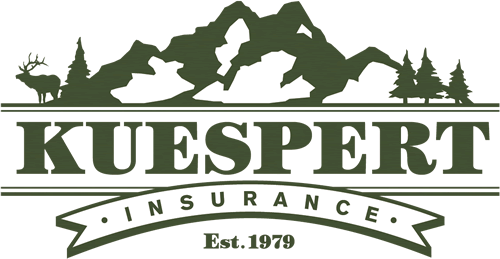
Understanding the Difference Between Comprehensive and Collision Coverage
Auto insurance is a crucial aspect of responsible vehicle ownership. It not only protects you and your vehicle but also provides financial security in the event of an accident. Among the various types of auto insurance coverage, two commonly misunderstood terms are comprehensive coverage and collision coverage. In this blog, we will demystify these insurance concepts and explore the key differences between comprehensive and collision coverage, helping you make informed decisions about your insurance needs.
- Comprehensive Coverage:
Comprehensive coverage, often referred to as "comp" or "other than collision" coverage, is designed to protect your vehicle from damages caused by incidents other than collisions with another vehicle. It provides coverage for various non-collision events, such as:
a) Theft: If your vehicle is stolen, comprehensive coverage will reimburse you for its value, subject to the policy's deductible.
b) Vandalism: If your car is intentionally damaged by an act of vandalism, comprehensive coverage will cover the repair costs, minus the deductible.
c) Natural Disasters: Comprehensive coverage protects your vehicle from damages caused by natural disasters like hurricanes, tornadoes, earthquakes, floods, and wildfires.
d) Falling Objects: If your car is damaged by falling objects, such as tree branches or debris, comprehensive coverage will help with the repair expenses.
e) Animal Collisions: If your vehicle collides with an animal, like a deer or a bird, comprehensive coverage will cover the damages.
- Collision Coverage:
Collision coverage, as the name implies, covers damages to your vehicle resulting from collisions with other vehicles or objects. This type of coverage is particularly helpful in accidents where you are at fault. Key scenarios where collision coverage comes into play include:
a) Car Accidents: Regardless of who is at fault, collision coverage will cover the repair costs, subject to the policy's deductible.
b) Single-Vehicle Accidents: If your car hits a tree, wall, or any other object, collision coverage will pay for the damages, minus the deductible.
c) Hit-and-Run Incidents: If your vehicle is damaged in a hit-and-run accident, collision coverage will step in to cover the repair costs, subject to the deductible.
Key Differences Between Comprehensive and Collision Coverage:
Covered Events:
- Comprehensive coverage protects against non-collision events, such as theft, vandalism, natural disasters, and animal collisions.
- Collision coverage specifically covers damages resulting from collisions with other vehicles or objects.
Fault Consideration:
- Comprehensive coverage is not dependent on fault. It applies regardless of who or what caused the damage.
- Collision coverage is typically used when you are at fault for an accident, although it can also cover hit-and-run incidents where the at-fault driver cannot be identified.
Coverage Limits and Deductibles:
- Both types of coverage may have policy limits and deductibles. Policyholders can choose their deductibles, which is the amount they must pay out-of-pocket before insurance kicks in.
Cost:
- Generally, comprehensive coverage tends to be more affordable than collision coverage. However, the cost varies based on factors such as the make and model of the vehicle, driving history, and geographical location.
Conclusion:
In summary, comprehensive coverage and collision coverage are essential components of a comprehensive auto insurance policy. While comprehensive coverage protects against non-collision events, such as theft and natural disasters, collision coverage applies to damages resulting from collisions with other vehicles or objects. Understanding the differences between these types of coverage empowers vehicle owners to select the most appropriate insurance options that provide optimal protection and peace of mind on the road. When choosing your insurance policy, consider your vehicle's value, your driving habits, and your budget to make an informed decision that best suits your needs.

